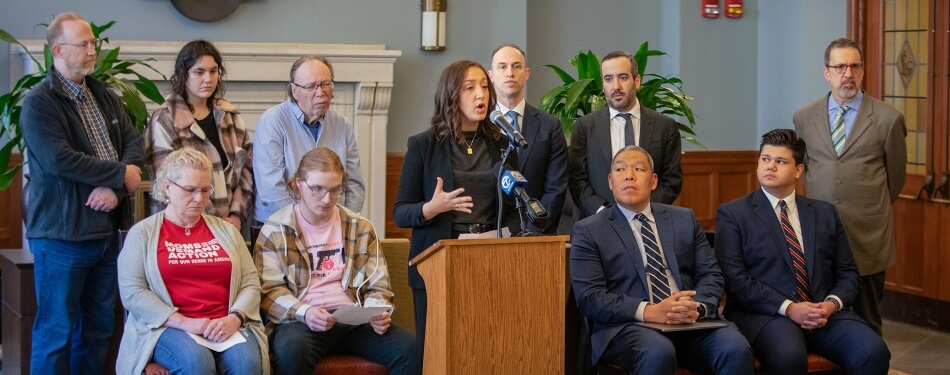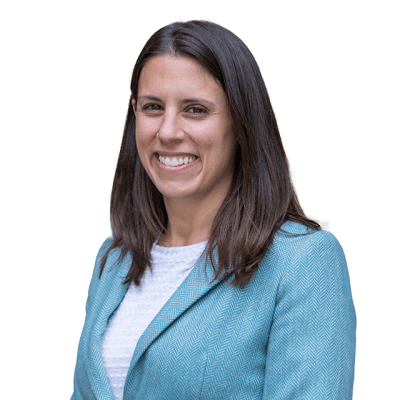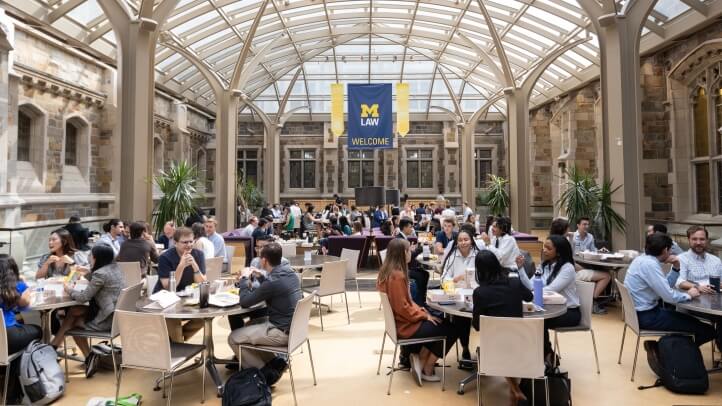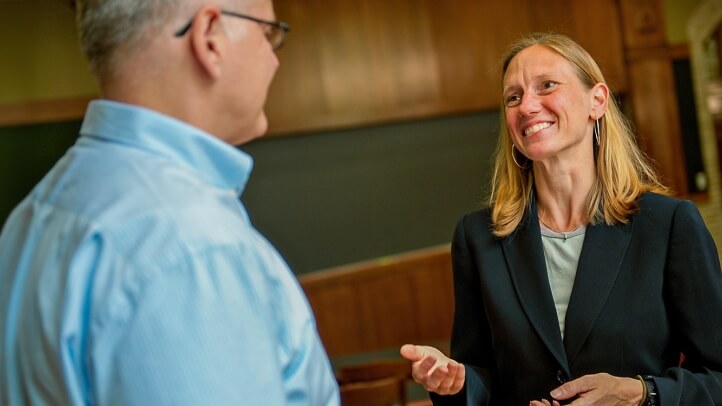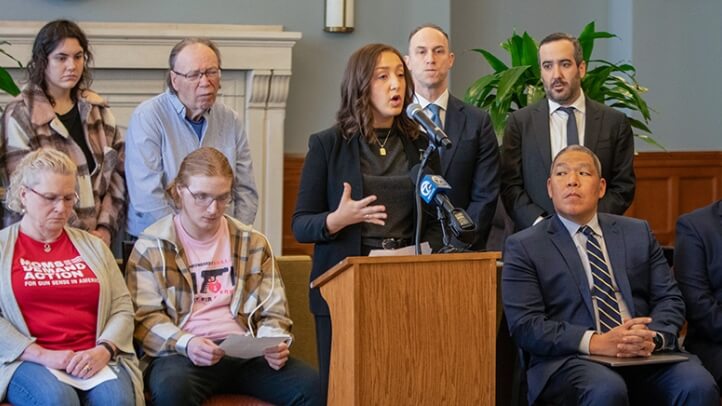The Civil-Criminal Litigation Clinic is a one-semester, seven-credit clinic that offers students a deep dive into litigation practice. Students handle multiple civil and criminal cases, appearing and arguing in court and negotiating with opposing counsel.
About the Clinic
Established in the late 1960s, the CCLC is Michigan Law’s first and oldest clinic. Students in the CCLC experience a rich, intensive, hands-on introduction to litigation through a wide variety of civil and criminal cases. On the civil side they include (but are not limited to) landlord-tenant, consumer fraud, contract disputes, prisoners’ civil rights, discrimination, torts, and public benefits. Our criminal cases range from misdemeanor defense to habeas corpus.
Under the supervision of clinical faculty, law students take primary responsibility for representing clients, from intake interview through trial and appeals. Clinical faculty work closely with the student lawyers every step of the way to ensure quality representation.
For Students
-
How We Work
CCLC students take “first chair” responsibility for their cases and clients. This means that, with the guidance of CCLC faculty, students interview and counsel clients, conduct discovery, draft and argue motions, negotiate with opposing counsel, and conduct bench and jury trials and argue appeals. Cases are heard in state and federal courts and administrative venues.
CCLC students have conducted jury trials in a range of courts, and have taken appeals to every level of the state and federal appellate courts, including the Michigan and U.S. Supreme Courts. Unlike in more urban areas where the courts are congested and the delays interminable, in the courts where we primarily practice the dockets move quickly. Every semester, CCLC students typically have multiple clients, court experiences and opportunities to negotiate with opposing counsel.
-
Types of Work
On the civil side, CCLC students have represented clients in many areas of the law, including landlord-tenant, consumer fraud, contract disputes, prisoners’ civil rights, discrimination, health law, public benefits claims, insurance, etc. (Not all these areas are covered every term.)
On the criminal side, students represent clients charged with misdemeanors from arraignment through trial. Students also handle some post-judgment issues in serious felony cases. The clinic’s docket sometimes includes class actions, issues of first impression, and other impact litigation.
In the classroom, students go through a progression of trial advocacy simulations to help them master litigation competencies from the initial client interview through closing arguments at trial. Class sessions also address the role of the lawyer, structural inequities, “real world” ethical issues, client-centered lawyering, the adversarial process, and other issues affecting the CCLC’s clients.
-
Advanced Clinic
There is also a three-credit Advanced Clinic that is offered to students who have done exceptionally well during their first CCLC term. These students return for a second semester of supervised case work. The second term helps students further develop lawyering competencies, often while working on more complex cases.
For Clients
-
Work for Clients
The Civil-Criminal Litigation Clinic provides free legal representation to people who cannot afford to hire an attorney. Clients are represented by law student-attorneys working under the supervision of professors who are licensed attorneys.
The clinic has handled criminal misdemeanor cases and a wide variety of civil cases, such as landlord-tenant, consumer fraud, contract disputes, prisoners’ civil rights, discrimination, political asylum, torts, habeas corpus, debt collection defense, public benefits claims, insurance, etc.
-
Client Intake
Clinic intake is not “open.” It is based on our educational needs, the number of students and staff available, proximity to Ann Arbor, and our current docket of cases. No client is required to pay any fee to the clinic for the legal work.
Sometimes cases have some costs, like court filing fees, which clients are asked to pay if they are able. In a small number of cases, where the client receives an award of money, the client may be asked to pay a small percentage of the money to the clinic as a fee, which goes into the Law School’s general fund. Neither the student lawyers nor the faculty supervisors take any compensation from clients, except a “thank you.”
The clinic only conducts case intake and accepts new cases from the first week of September to mid-April each year. If you have a court case during our intake period and want to see if you are eligible for assistance, you can call our offices at 734.763.4319 or email us at [email protected].
Based on the nature of your case and other factors, we will determine whether an intake appointment is appropriate. We typically can tell you whether the clinic can represent you during this first appointment.
-
Legal Assistance Resources
Other sources of free or low-cost legal assistance and information about local attorneys and courts can be found below:
- Housing Access for Washtenaw County (HAWC): HAWC provides assistance to individuals and families who are homeless or at-risk of homelessness, including tenants being evicted.
- Legal Services of South Central Michigan: Provides free legal advice and representation in certain civil cases. 734.665-6181
- Michigan Courts Self-Help Center: A site designed to help you find legal assistance, learn about Michigan law, and represent yourself in some legal matters.
- Michigan Legal Help Program: This site provides a free lawyer referral service and access to court forms and information about Michigan laws and courts.
- Michigan Poverty Law Program: Provides support services to local legal aid programs and other poverty law advocates. The site is also a great source of information about various areas of Michigan law. 734.998.6100
- State Bar of Michigan: Provides information on Michigan law and courts, a directory of all Michigan attorneys, and access to Michigan Court opinions and articles about Michigan law.
- Washtenaw County Bar Association: Provides information about local attorneys and courts; provides a $30 lawyer referral service for individuals who can afford to hire an attorney. 734.994.4912
- Washtenaw County Public Defender: Handles criminal, juvenile, and special civil law appointments and provides a wide array of services related to probation violations, line-ups, personal protection orders, extraditions, Friend of the Court matters, bond reduction hearings, diversions, and responses to legal questions from the public. 734.222.6970
- Washtenaw County Trial Courts: Access to Washtenaw County courts, court calendar, legal forms, and other helpful information.

